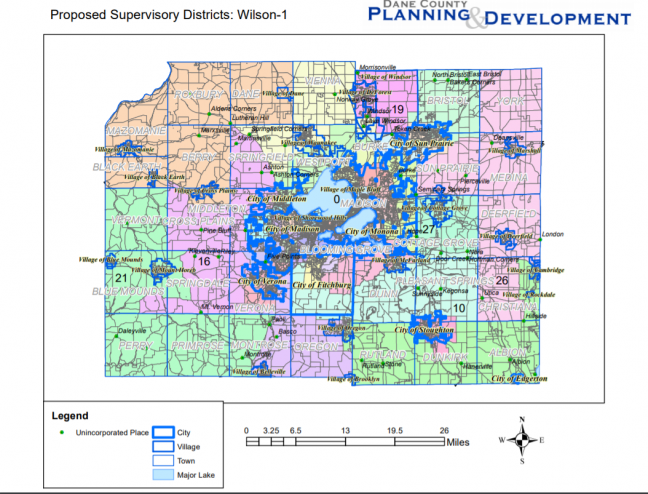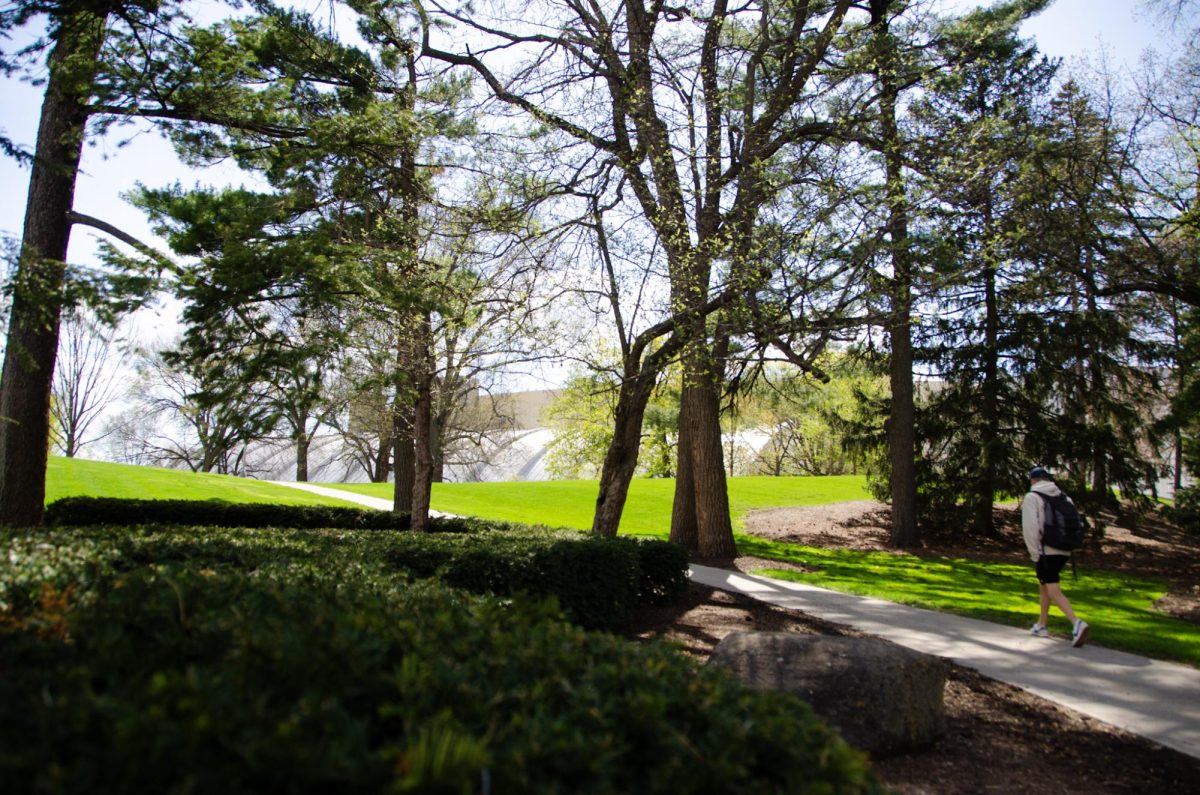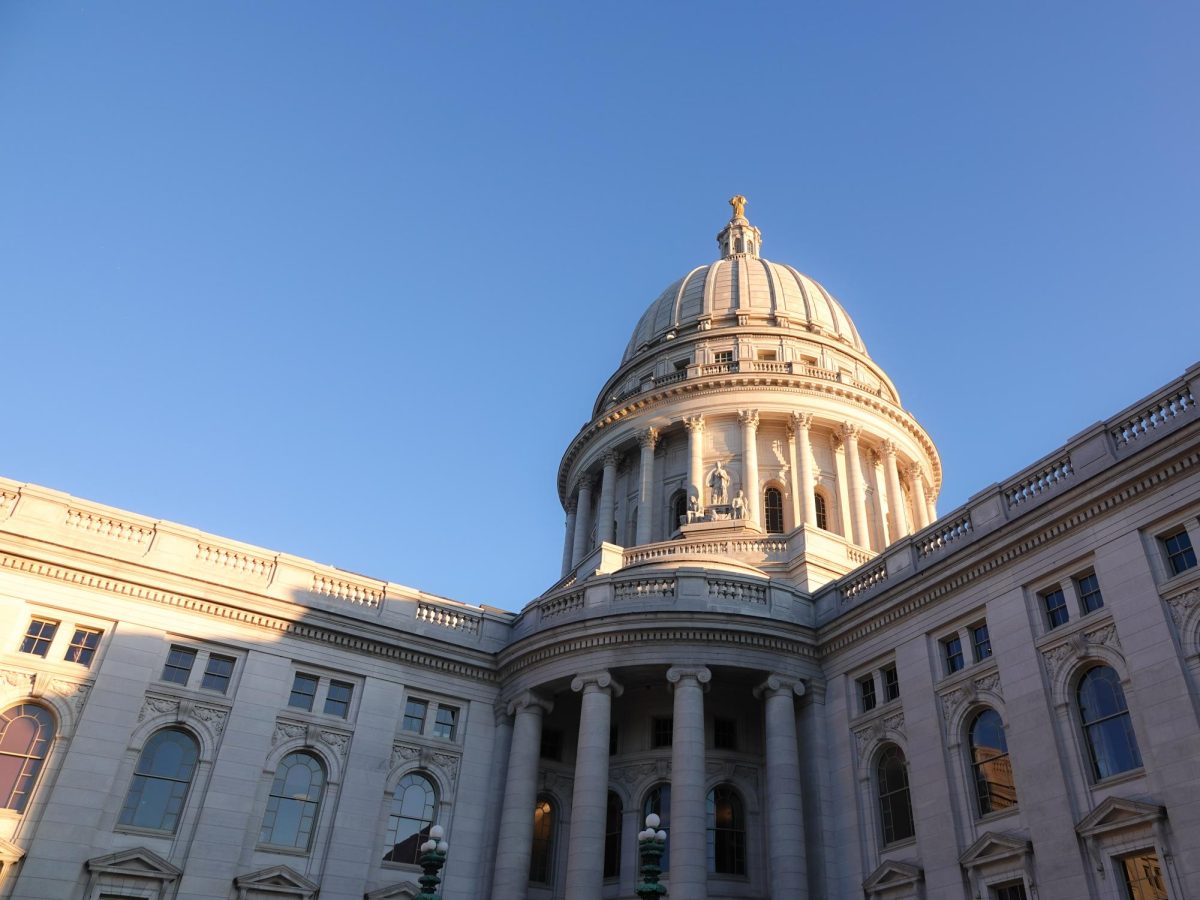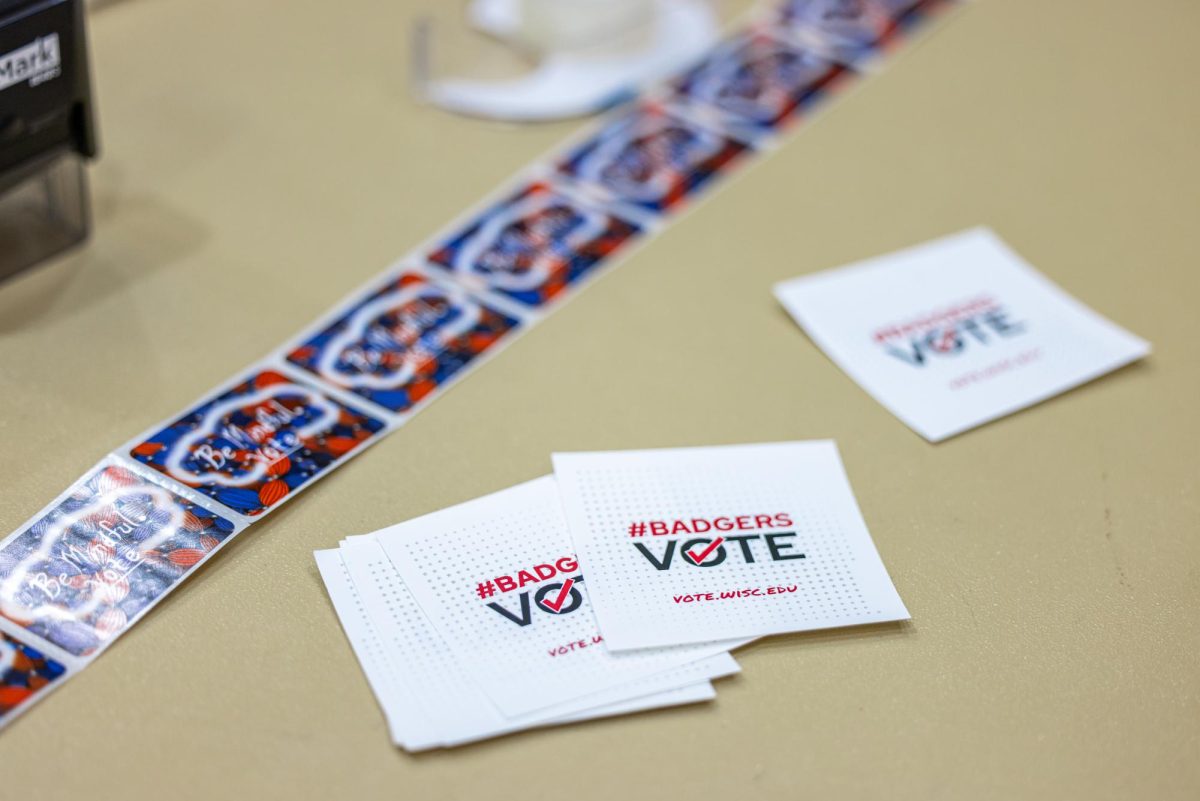Gerrymandering is a nationwide legislative concern, but Dane County is working to address this problem with a non-partisan redistricting commission.
Gerrymandering, or the redrawing of district lines to favor one group over the other, can provide policymakers with the opportunity to draw lines to ensure their party has a higher chance of winning future elections. District lines are redrawn after a census year, which is usually done by the current state legislature.
Alliant Energy to close their last coal plant in Wisconsin by end of 2024
University of Wisconsin Political Science Professor and member of the Dane County Redistricting Commission Barry Burden shared his thoughts on gerrymandering.
“It’s a major issue,” Burden said. “It’s one of the most partisan things a legislature does.”
According to UW Political Science Professor David Canon, the process of gerrymandering is typically done through two techniques — packing or cracking. Packing is when a legislature puts a large portion of an opposing group into a few districts in order to win the others. Cracking means attempting to gain a small voting base majority in as many districts as possible.
Through the process of gerrymandering, a state legislature is able to drown out the voices of the opposition, whether the voices be a political party, racial group or some other demographic, according to Canon. While the votes in an election may be overwhelmingly in favor of one party, the other party can win due to how the lines were drawn.
Wisconsin State Legislature sees record number of female lawmakers
This 2010 census demonstrated this concept in Wisconsin. Canon said it was one of the worst cases of partisan gerrymandering the county saw in the last 50 years. In the Nov. 2020 elections, Democratic State Senate candidates in Wisconsin received roughly 47% of the total vote, yet only secured 38% of the seats on the ballot, according to the Wisconsin State Journal.
U.S. Representative for Wisconsin’s 2nd Congressional District Mark Pocan thinks it is hard to expect elected officials to be unbiased when redrawing their own districts. He believes giving control of drawing the districts to citizens is the best way to have fair districts drawn and give everyone a voice.
“I’m a big believer in citizen panels to redistrict, like they do in Iowa,” Pocan said. “I think it’s the most fair way of doing it.”
Places around the country are working to make district maps less of a partisan process, including Dane County. In Oct., Dane County announced its own redistricting commission. The Dane County Redistricting Commission is an eleven-member group of appointed citizens who will work together to create impartial and fair districts.
Canon and Burden believe efforts to move towards using redistricting commissions is a positive. There are more than a dozen states using a non-partisan process to draw both state and congressional maps, according to Canon. He said though this process isn’t perfect, it is much better than having politicians draw their own maps.
“I think the county commission is a really useful model to show that a non-partisan, citizen-driven effort can be a really effective way to produce maps,” Burden said. “I think this is part of a movement that is happening around the country.”
Wisconsin GOP votes to repeal statewide mask mandate, Gov. Evers signs new Executive Order
Burden said the redistricting commission meets about once a month to learn laws and ordinances, which help guide the process. They are learning how to use the software to draw the maps, according to Burden. He said the commission wants the software available to the public and hopes other citizens will submit their own maps.
The Census Bureau told the redistricting commission there will be a three month delay in delivering the census data, according to Burden. This is due to complications of completing the census during the COVID-19 pandemic and is a country-wide issue.
As a result some states may not have new districts for the 2022 midterm elections, Canon said.
A similar situation happened before. The election cycle following the 2010 census used old maps, due to ongoing legal battles about how districts were drawn, according to Burden.
There is a belief the effects of gerrymandering caused Gov. Tony Evers to be hampered in his ability to combat the COVID-19 pandemic. The state legislature felt no need to meet and solve the issues caused by the pandemic, Burden said.
“Republicans in the legislature feel quite confident that they will not be punished for any action they take that might be unpopular,” Burden said. “Resisting the Governor’s public health order may not be a problem for them in the next election because the districts so advantage the party.”














